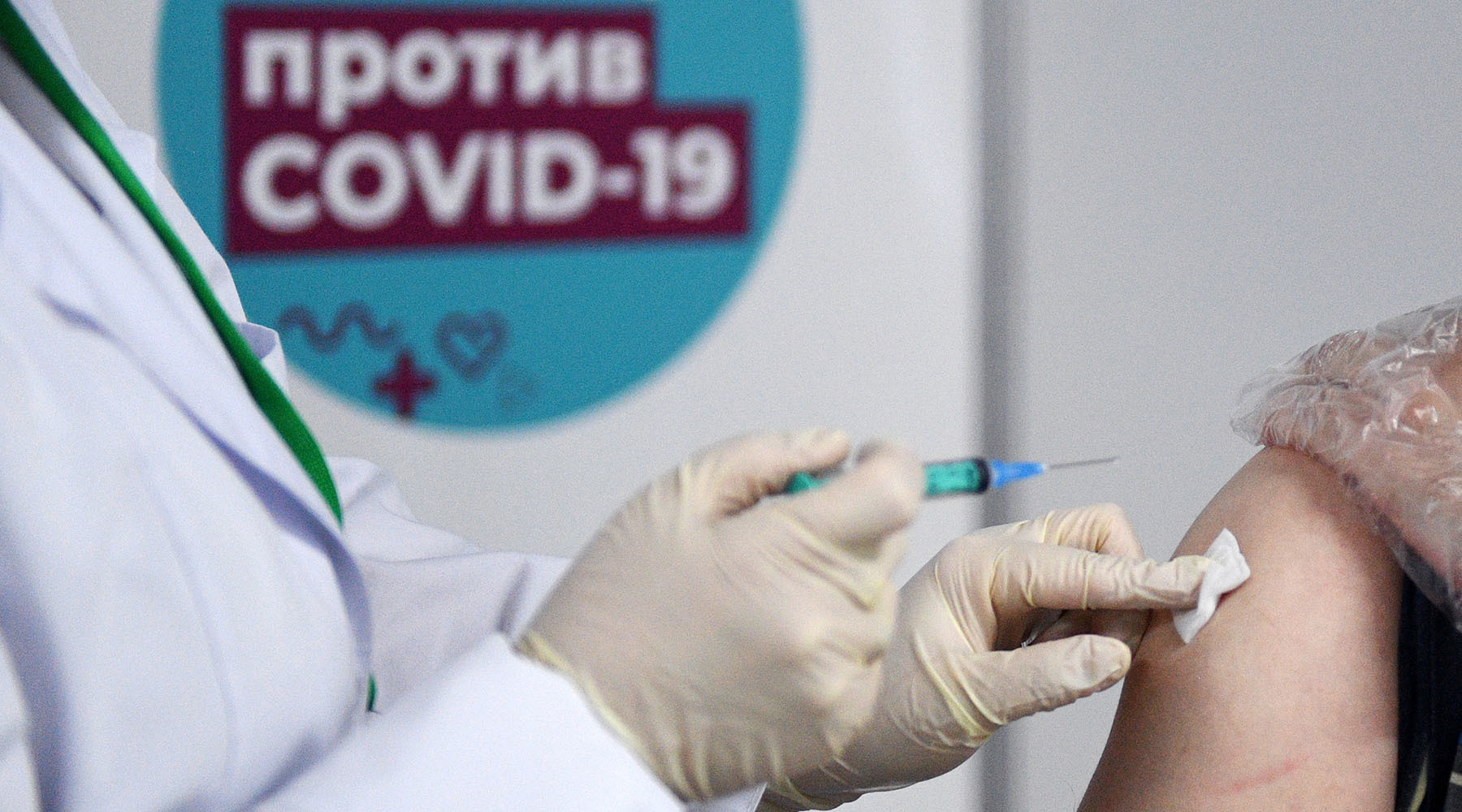In Moscow, from Monday, July 19, the system of mandatory QR codes for visiting cafes and restaurants, introduced in order to slow the spread of coronavirus infection, will be canceled.
Moscow Mayor Sergei Sobyanin announced this decision on July 16 at a meeting of the presidium of the government's coordinating council to combat the spread of COVID-19.
Sobyanin stressed that in the capital there is an improvement in the situation with respect to coronavirus and good dynamics of vaccination.
The mayor noted that in Moscow for the fourth week, an improvement in the main indicators is recorded: "From the peak of the incidence, the number of COVID-19 cases detected daily has almost halved, and the number of hospitalizations has decreased by a third."
This, as Sobyanin emphasized, became possible thanks to the introduced restrictive measures, toughening of sanitary requirements and mass vaccination.
At the same time, the mayor of Moscow said that 3.8 million people had already been vaccinated with the first component of the vaccine in the capital, more than 2 million citizens had undergone the full vaccination cycle.
“From the 19th, we are canceling mandatory QR codes in public catering.
This is an important decision.
I have received many appeals from business, public organizations, party organizations ... I would like to thank Moscow business for their responsible attitude to the measures that we have taken, to joint work, which allowed us to take further steps to normalize the situation and normal operation of the economy ", - the mayor said.
In addition, the city authorities decided to transfer 6 thousand beds, repurposed for patients with coronavirus, to regular work.
At the same time, Sobyanin recalled that Moscow is still in the epidemic zone, and called for "to comply with all sanitary requirements and to ensure further mass vaccination of the population."
As follows from the decree published by the Moscow Mayor's Office on July 16, in the capital since July 19, the possibility of issuing QR codes to citizens is retained, but the obligation of organizations to ensure that all visitors are checked is abolished.
"Organizations and individual entrepreneurs are given the right to independently establish a requirement to check whether all visitors have QR codes," the document explains.
In addition, in the capital, from July 19, the ban on night work of catering establishments, nightclubs, bars, discos and karaoke is lifted, provided that they comply with epidemiological measures.
Children's playrooms and food courts are also reopening.
In an interview with the Russia 1 TV channel, Sergei Sobyanin stressed that the decision to abolish QR codes was taken by the authorities "absolutely balanced, proceeding from the current situation we have."
“It is always necessary to weigh the sanitary situation, medical, epidemiological and economic.
Because hundreds of thousands of people work in this area, this is their salary, income, and so on.
That is why we must approach such measures very carefully.
Promptly accept if necessary, but also promptly cancel them if we see that the situation is improving, ”Sobyanin said.
He also noted that Muscovites have become very responsible for the implementation of sanitary protection measures.
“People understand what is happening in the city and react appropriately.
Even the number of visits to mass places and so on - it is decreasing not only due to the fact that we are doing some kind of restrictive measures - because people are simply beginning to behave more cautiously, ”he said.
According to him, over the past six months, 1.7 million Muscovites were vaccinated against COVID-19 in the city, and just over the last month - another 2 million. In the areas of health and education, the share of vaccinated employees is approaching 70%, the mayor added.
RIA News
© Valery Melnikov
Following Moscow, the authorities of the Moscow region announced the abolition of QR codes.
Governor Andrei Vorobyov noted that from July 19, this measure will be advisory in nature, entrepreneurs will have to decide for themselves whether to leave it in their institution or cancel.
“But if the QR code is canceled and everyone is allowed in, regardless of vaccination, we will have to return to the long-familiar thermometry at the entrance, masks and social distance,” he explained.
Commenting on the cancellation of QR codes, the presidential press secretary Dmitry Peskov noted that this decision is "a good example of flexibility and efficiency in the implementation of special powers within the framework of a pandemic."
As a reminder, from June 28, it was possible to get into public catering establishments in Moscow and the Moscow region only with the help of a special QR code.
It can be received by citizens who have been vaccinated against coronavirus, who have recovered from COVID-19 in the last six months, or who have a negative PCR test a maximum of three days ago.

